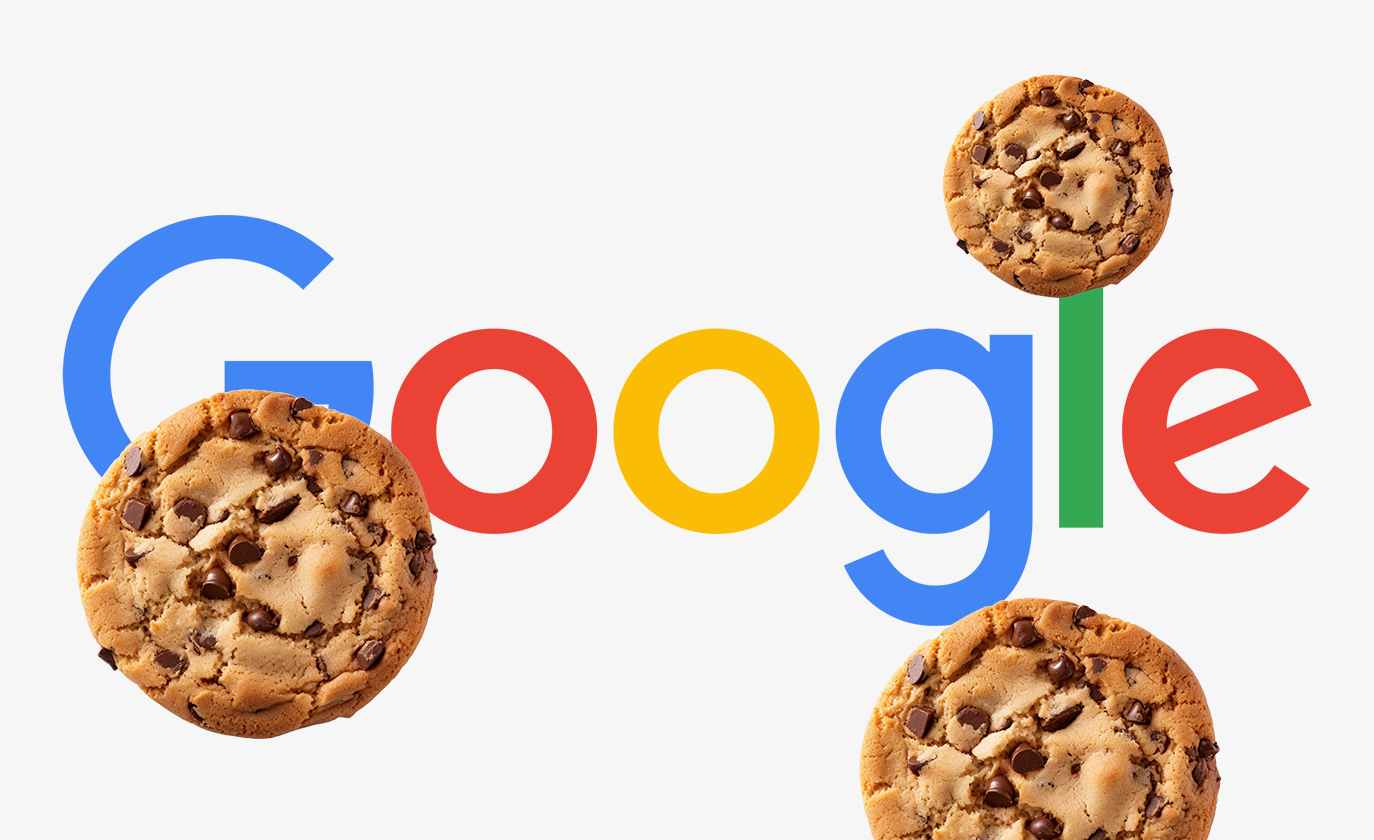Post-Cookie Digital Era Is Here
By advertience | June 7, 2023 | Insights
With the removal of third-party cookies, some forms of targeting and personalization will become more difficult. According to Hubspot’s blog, Google isn’t banning all cookies – first-party cookies, which track basic data about visitors to a particular website, will still be allowed. However, without third-party cookies, advertisers will have a more limited view of users’…

With the removal of third-party cookies, some forms of targeting and personalization will become more difficult. According to Hubspot’s blog, Google isn’t banning all cookies – first-party cookies, which track basic data about visitors to a particular website, will still be allowed. However, without third-party cookies, advertisers will have a more limited view of users’ activities across the web.
The deprecation of third-party cookies could have profound implications for the digital advertising industry, which, according to McKinsey, was valued at $152 billion in the US alone. They predict that without third-party cookies, the industry will lose access to most third-party data that has powered programmatic advertising.
In response to these changes, digital marketing agencies will need to adapt their strategies and find new ways to target and define audiences. There are still many questions about how exactly this will play out, but there are several key considerations that digital marketing agencies will need to grapple with in this new, post-cookie landscape:
- How can we leverage first-party data to better understand and engage with our audience?
- How will the loss of third-party cookies affect our current advertising strategies, and what changes will we need to make?
- How can we ensure that we’re still reaching the right audiences without the granular data provided by third-party cookies?
- What alternative technologies or methodologies can we use to target and personalize our advertising in the absence of third-party cookies?
- How will changes in data privacy regulations, such as the EU’s General Data Protection Regulation (GDPR), further impact our ability to collect and use customer data?

Overall, while the phasing out of third-party cookies will pose challenges, it also presents an opportunity for digital marketing agencies to find innovative new ways to understand and engage with their audiences.




